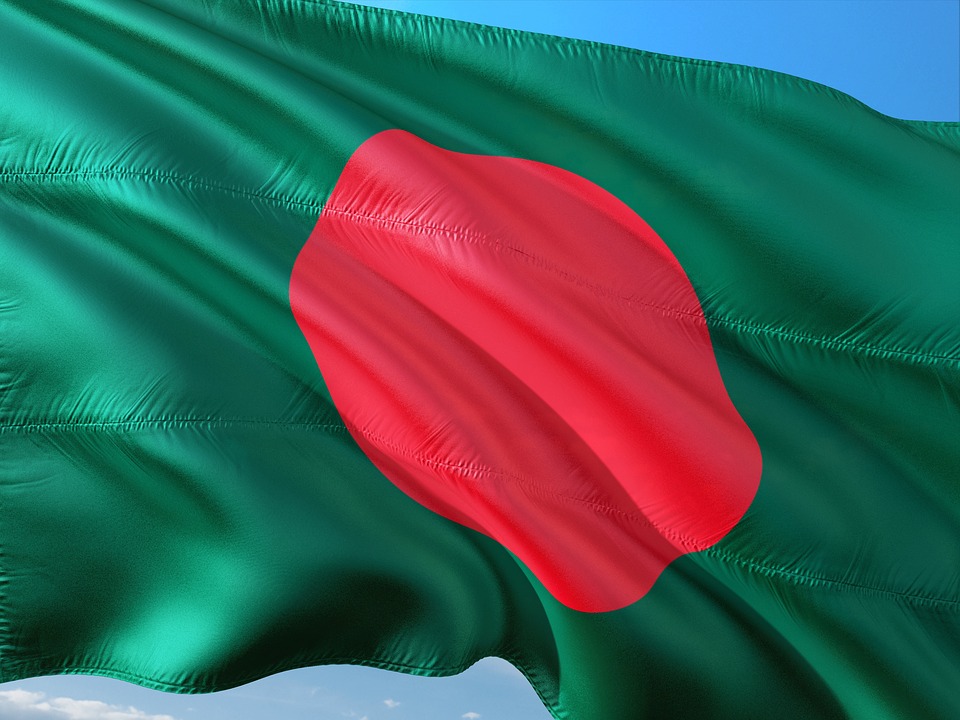Officials in Dhaka frustrated by the lack of progress on several PV projects have decided to punish tardy developers by setting new power prices which reflect the falling costs of solar project development.

The government of Bangladesh has decided to cut the tariff due to contracted solar power plants which do not come online on time.
The decision was taken at a review meeting chaired by Power Division senior secretary Ahmad Kaikaus to consider progress in constructing solar plants in the nation.
Power Division officials say only four of the 23 PV projects for which letters of intent have been issued have taken shape: a 20 MW facility in Teknaf; an 8 MW plant in Panchagarh, a 7 MW scheme in Kaptai; and a 3 MW asset in Jamalpur. The slow progress comes despite the government having signed power purchase agreements (PPAs) for 11 facilities with total generation capacity of 685 MW. On top of that, letters of intent have been issued for a further 12 projects with a total capacity of 760 MW.
The government moved to cancel deals relating to two facilities with a total generation capacity of 250 MW as Power Division officials reported many agreements to grant permission for solar plants had already expired, or were about to, with little indication of progress on the planned projects.
Tariff renegotiation
As a result, the review meeting declared developers wishing to renew project permissions would have to accept renegotiated PPAs which take into account the falling cost of solar power production since the original agreements were signed. With some of the outstanding PPAs having been signed for a purchase tariff of $0.18/kWh, recent project sponsors have accepted deals as low as $0.0749.
“You can’t get [the] previous tariff rate after long delayed commissioning,” Kaikaus told pv magazine. “So, if any [project] sponsor comes for agreement renewal we will renegotiate the tariff.”
Dipal C Barua, president of the Bangladesh Solar and Renewable Energy Association, told pv magazine solar developers faced hurdles to delivering projects on time thanks to land scarcity and the difficulty of establishing transmission lines and securing funding.
While accepting solar power tariffs cannot remain static, Barua said the government should be offering more support to project developers.
“Those who have real causes of failure should be given another chance,” he said. “A drastic tariff cut may discourage them.”
This article was amended on 14/11/19 to reflect the two projects cancelled by the Bangladesh government had a total generation capacity of 250 MW rather than 500 MW, as previously stated.